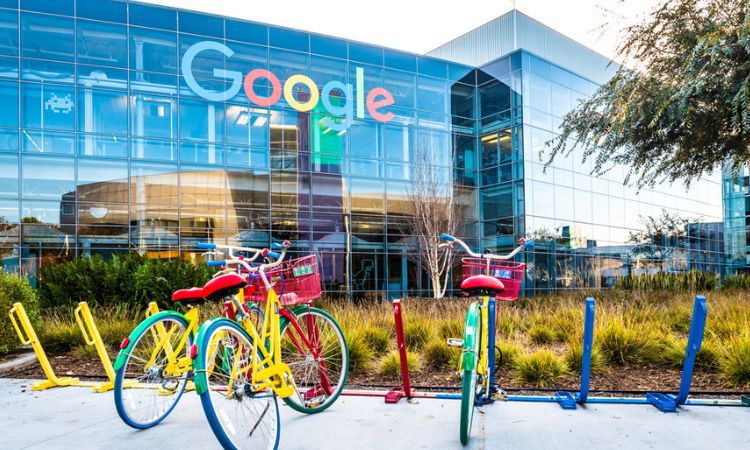
Google faces a new accusation by the European Commission. The community body believes that Google “has infringed EU competition rules by favoring their own display advertising technology services in the so-called adtech supply chain, to the detriment of competing providers of advertising technology services, online advertisers and publishers. The formal investigation will examine, in particular, whether Google is distorting competition by restricting third-party access to user data for advertising purposes on websites and apps, while reserving said data for its own use ». The Executive points out that a possible solution would be for the technology giant give up a portion of your advertising business.
This Wednesday, Brussels has sent a new statement of charges, where the American technology company is accused of having violated “EU competition rules.
And it is that Google plays a role of intermediary between publishers and advertiserswho use digital tools to monitor their online campaigns in real time through space buying services (Google Ads and DV 360), an ad server for publishers (DoubleClick for publishers) and the AdX ad platform.
Google faces from multimillion-dollar fines to the obligation to cede part of its online advertising services
Margrethe VestagerExecutive Vice President in charge of competition policy states that “Google collects data to use it for specific advertising purposes, sells advertising space and also acts as an online advertising intermediary. Thus, Google is present at almost every level of the online display advertising supply chain. We are concerned that Google has made it difficult for rival online ad services to compete in adtech. A level playing field is essential for everyone in the supply chain. Fair competition is important both for advertisers to reach consumers on publishers’ sites and for publishers to sell their space to advertisers to generate revenue and funding for content. We will also review Google’s policies on user tracking to ensure they are in line with fair competition.”
Specifically, the Commission’s investigation will focus on:
The obligation to use the services of Google Display & Video 360 (‘DV360’) and/or Google Ads to buy display ads on YouTube. The obligation to use Google Ad Manager to display online ads on YouTube and the possible restrictions imposed by Google about how services that compete with Google Ad Manager can display online ads on YouTube. The apparent preference of the Google ad exchange “AdX” by DV360 and/or Google Ads and the possible preference of DV360 and/or Google Ads by AdX. Restrictions placed by Google on the ability of third parties, such as advertisers, publishers or competing online display ad intermediaries, to access data about the identity or behavior of the user that are available to Google’s own advertising intermediation services, including the Doubleclick ID. Google’s announced plans to prohibit the placement of third-party cookies in Chrome and replace them with the toolset “Privacy Sandbox”, including effects on online display advertising and online display advertising broker markets. Google’s announced plans to stop putting the advertising identifier available to third parties on Android smart mobile devices when a user opts out of personalized advertising, and the effects on online display advertising and online display advertising intermediation markets.
If the accusations are confirmed, the Community Executive would be able to impose a new multi-million dollar fine of up to 10% of its annual turnover. Let us remember that there is already a precedent in terms of monopolistic abuses of the advertising business in various markets, which is why the platform has already accumulated 8,250 million euros in sanctions from the European Union.
However, at a press conference in Brussels, Vestager pointed out that a new fine or the technology company’s promises to change its practices are not enough to resolve the conflict, so “if the Commission came to the conclusion that Google acted illegally, could require Google to get rid of part of its services. For example, Google might have to get rid of its sales tools, DoubleClick For Publishers and AdX. By doing so, we would put an end to conflicts of interest.”
Investigation into monopolistic practices does not have a defined legal term, Rather, its duration depends on various factors, such as the complexity of the case, the degree of cooperation of the affected company with the Commission and the exercise of defense rights.
google answers
Upon learning of the new accusations imposed by the European competition authorities, Google shows its disagreement and Dan Taylor, vice president of Google’s Global Ads divisionexpresses “our advertising technology tools help websites and applications to finance their content and enable businesses of all sizes to effectively reach new customers.”
Likewise, Taylor highlights that Google has maintained its commitment to create value for its publisher and advertiser partners in a sector of so much competition, adding “the Commission’s investigation focuses on a limited aspect of our advertising business and it’s not new”
Image: Depositphotos
Stay informed of the most relevant news on our Telegram channel





